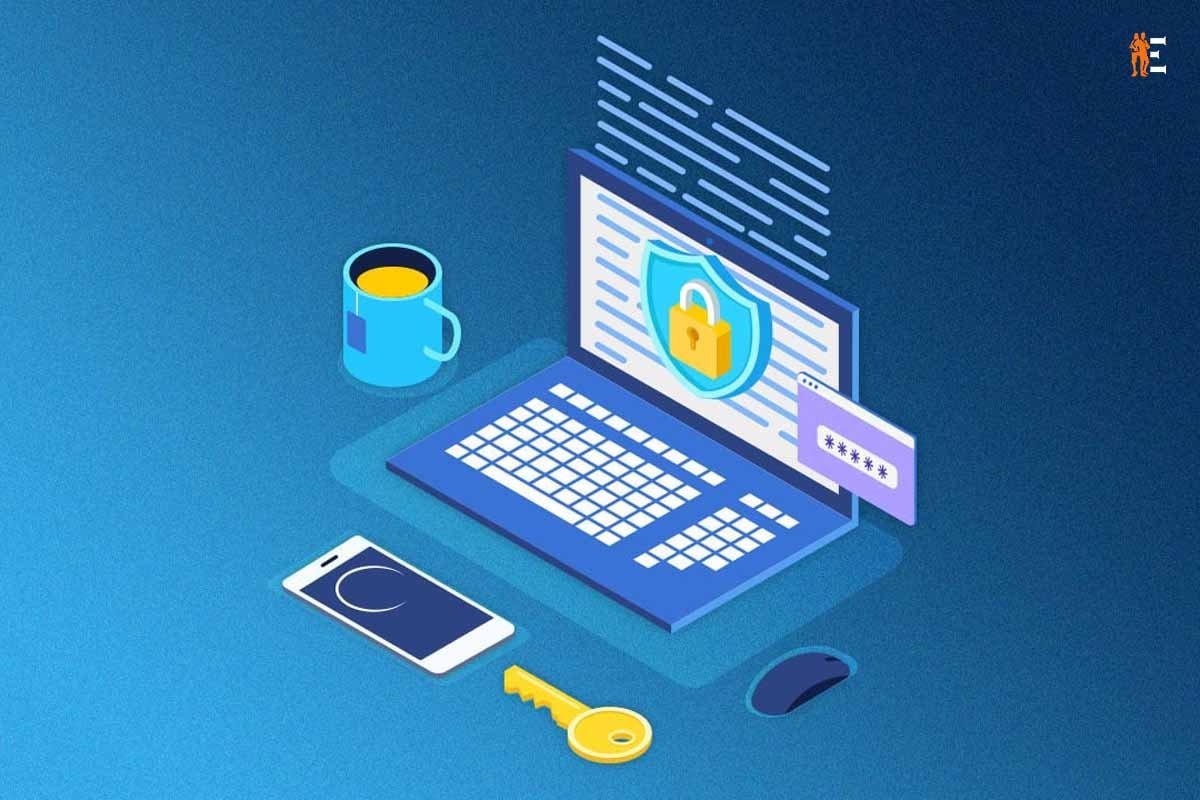The Internet has become a vital tool for small businesses to connect with customers, promote their products, and manage their operations. However, the internet is also a breeding ground for cybercrime, with small businesses becoming increasingly vulnerable to attacks in recent years. Small businesses are particularly at risk due to their limited resources, lack of Internet Security for Small Businesses expertise, and reliance on third-party vendors.
This paper will examine the need for internet security for small businesses, discussing the types of cyber threats facing small businesses and the consequences of a cyber-attack. It will also provide best practices for small businesses to protect themselves and their customers from cyber threats.
Types of Cyber Threats Facing Small Businesses
Small businesses face a variety of cyber threats that can compromise their data and harm their operations. These threats include:
- Malware: Malware is a type of software designed to damage or disrupt computer systems. Malware can be spread through email attachments, downloads, and infected websites. Small businesses are particularly vulnerable to malware attacks because they often lack the resources to deploy sophisticated antivirus software.
- Phishing: Phishing is a type of social engineering attack in which cyber criminals trick users into revealing sensitive information, such as login credentials or financial information. Phishing attacks can be conducted through email, text message, or social media, and can be difficult to detect.
- Ransomware: Ransomware is a type of malware that encrypts a victim’s files and demands a ransom payment in exchange for the decryption key. Ransomware attacks can be devastating for small businesses, as they can result in the loss of important data and disrupt business operations.
- Denial of Service (DoS) Attacks: DoS attacks are designed to overwhelm a website or network with traffic, rendering it unusable. Small businesses can be targeted by DoS attacks for a variety of reasons, including extortion or revenge.
- Insider Threats: Insider threats occur when employees or contractors with access to sensitive information intentionally or unintentionally compromise that information. Small businesses are particularly vulnerable to insider threats because they often lack the resources to implement strict access controls and monitor employee activity.

Consequences of a Cyber Attack
The consequences of a cyber attack can be severe for small businesses. These consequences include:
- Financial Losses: A cyber attack can result in the loss of sensitive data, such as financial information, and can lead to financial losses for the business. Small businesses may also be liable for damages to customers who have had their personal information compromised.
- Damage to Reputation: A cyber attack can damage a small business’s reputation, resulting in a loss of customers and business opportunities. Internet Security for Small Businesses may also be subject to negative publicity and legal action.
- Disruption to Operations: A cyber attack can disrupt a small business’s operations, resulting in lost productivity and revenue. Small businesses may also need to invest resources in restoring their systems and data.
- Legal Consequences: Internet Security for Small Businesses may be subject to legal consequences if they fail to protect customer data or comply with data protection regulations. Small businesses may also be liable for damages resulting from a cyber attack.
Best Practices for Internet Security for Small Businesses;
To protect themselves and their customers from cyber threats, small businesses should implement the following best practices:

1. Use Strong Passwords:
Small businesses should require employees to use strong passwords that are difficult to guess. Passwords should be changed regularly and should not be shared between employees.
2. Educate Employees:
Small businesses should educate employees on internet security best practices, including how to identify phishing emails and malware.
3. Use Antivirus Software:
Small businesses should deploy antivirus software on all computers and devices. Antivirus software should be kept up to date to ensure it is effective against new threats.
4. Backup Data:
Small businesses should regularly back up their data to protect against the loss of important information in the event of a cyber attack. Backups should be stored securely and off-site.
5. Secure Networks:
Small businesses should secure their networks with firewalls and encryption. Wireless networks should be secured with passwords and not be open to the public.
6. Monitor Network Activity:
Small businesses should monitor network activity to detect any suspicious activity, including attempts to access unauthorized resources.
7. Limit Access to Sensitive Information:
Small businesses should limit access to sensitive information to only those employees who require it to perform their duties. Access controls should be implemented to ensure that only authorized users can access sensitive data.
8. Keep Software Updated:
Small businesses should keep all software, including operating systems and applications, up to date with the latest security patches and updates.
9. Use Multi-Factor Authentication:

Small businesses should require multi-factor authentication for all users to access sensitive information. Multi-factor authentication adds an extra layer of security by requiring users to provide two or more forms of authentication.
10. Have an Incident Response Plan:
Small businesses should have an incident response plan in place in case of a cyber attack. The plan should outline the steps to take in the event of a cyber attack, including who to notify and how to restore systems and data.
BOTTOM LINE
Internet Security for Small Businesses is increasingly vulnerable to cyber threats due to their limited resources and lack of cybersecurity expertise. The consequences of a cyber attack can be severe, including financial losses, damage to reputation, disruption to operations, and legal consequences.
Small businesses can protect themselves and their customers from cyber threats by implementing best practices such as using strong passwords, educating employees, backing up data, securing networks, monitoring network activity, limiting access to sensitive information, keeping software updated, using multi-factor authentication, and having an incident response plan. By prioritizing Internet Security for Small Businesses, they can minimize the risk of a cyber attack and ensure the safety and privacy of their customers.











